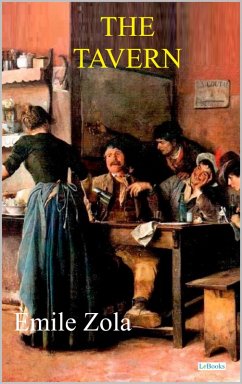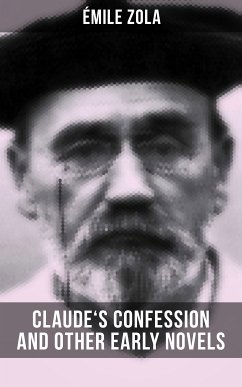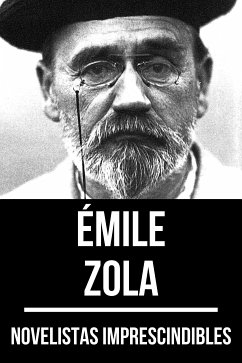
NANA - Émile Zola (eBook, ePUB)

PAYBACK Punkte
0 °P sammeln!
Nana is a profound exploration of 19th-century French society, where Émile Zola examines the intersection of personal ambition, social hypocrisy, and moral decay. Through the story of Nana, an actress and courtesan whose beauty and magnetism make her a symbol of desire and corruption, the novel exposes the contradictions of a society obsessed with pleasure yet constrained by its own moral standards. Zola employs his signature realism to vividly depict class inequalities and the fragility of bourgeois values. Since its publication, Nana has been acclaimed for its striking portrayal of high soc...
Nana is a profound exploration of 19th-century French society, where Émile Zola examines the intersection of personal ambition, social hypocrisy, and moral decay. Through the story of Nana, an actress and courtesan whose beauty and magnetism make her a symbol of desire and corruption, the novel exposes the contradictions of a society obsessed with pleasure yet constrained by its own moral standards. Zola employs his signature realism to vividly depict class inequalities and the fragility of bourgeois values. Since its publication, Nana has been acclaimed for its striking portrayal of high society's excesses and its relentless critique of moral double standards. Its exploration of themes such as the destructive power of desire, ambition, and the inevitability of downfall has cemented its place as one of the most influential novels of naturalism. The novel's complex characters and its detailed depiction of an era continue to resonate with readers, offering a penetrating insight into human nature. The novel's enduring relevance lies in its ability to reflect the tensions between hedonism and decadence, as well as the consequences of a society driven by appearances and superficiality. Through the rise and fall of its protagonist, Nana invites reflection on the limits of power and the fleeting nature of success built on illusion and desire.
Dieser Download kann aus rechtlichen Gründen nur mit Rechnungsadresse in A, B, BG, CY, CZ, D, DK, EW, E, FIN, F, GR, H, IRL, I, LT, L, LR, M, NL, PL, P, R, S, SLO, SK ausgeliefert werden.












